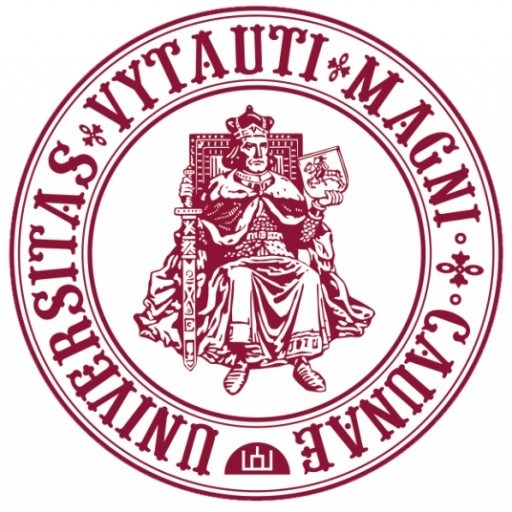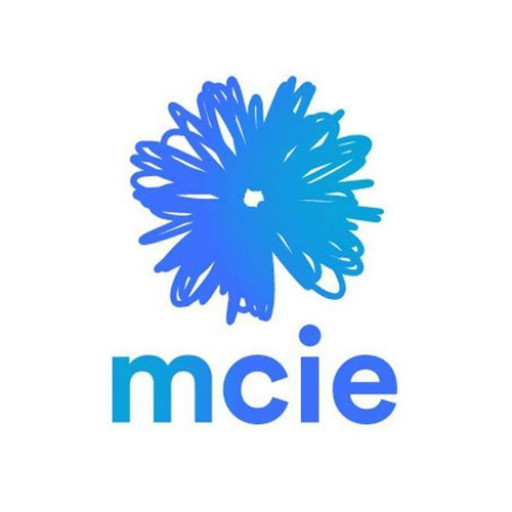Photos of university / #bilkentuniv
The Teaching English as a Foreign Language (TEFL) program at Bilkent University is designed to equip students with comprehensive theoretical knowledge and practical skills necessary for effective English language instruction in diverse international contexts. This program emphasizes a balanced integration of linguistic theory, pedagogical approaches, and hands-on teaching experience, enabling graduates to meet the demands of the globalized world where English serves as a vital tool for communication, education, and professional growth. Throughout the course, students explore core topics including language acquisition theories, curriculum development, lesson planning, classroom management, assessment and evaluation techniques, and the use of technology in language teaching. The program also offers specialized modules on intercultural communication, adult and young learner instruction, and teaching English for specific purposes, further broadening students’ expertise and adaptability in various educational settings. Bilkent University’s state-of-the-art facilities and experienced faculty provide an enriching learning environment that fosters academic excellence and practical competence. The program emphasizes experiential learning through practicum opportunities, where students gain real-world teaching experience under supervision, preparing them for immediate entry into the profession upon graduation. Graduates of the TEFL program are well-prepared to work in language schools, universities, corporate training centers, and international organizations around the world. The program also encourages research activities and offers opportunities for students to contribute to applied linguistics and language education scholarship. With its innovative curriculum, experienced teaching staff, and strong connections with the international language education community, Bilkent’s TEFL program stands out as a leading choice for aspiring instructors seeking to make meaningful contributions to language learning and intercultural understanding worldwide.
The Teaching English as a Foreign Language (TEFL) program at Bilkent University is designed to equip students with comprehensive theoretical knowledge and practical skills necessary for effective English language teaching in diverse international contexts. Throughout the program, students engage with a wide range of modules covering linguistics, language acquisition, pedagogical theories, curriculum development, and assessment strategies. The curriculum emphasizes both academic understanding and hands-on teaching experience, ensuring graduates are well-prepared to enter the global TEFL market.
The program begins with foundational courses in linguistics and language teaching principles, providing students with insights into the structure and function of the English language. As the program progresses, students explore specialized topics such as designing lesson plans, classroom management, integrating technology into language teaching, and evaluating student performance. Practical teaching components are integrated throughout the coursework, including teaching practicums, where students have the opportunity to apply their learned skills in real classroom settings under supervision.
Bilkent’s TEFL program also emphasizes intercultural competence, preparing students to teach students from diverse cultural backgrounds effectively. Special attention is given to current trends and innovations in language teaching, ensuring graduates are adaptable and forward-thinking educators. The program encourages collaborative learning, critical thinking, and reflective practice to enable students to continuously improve their teaching methods.
Graduates of the TEFL program at Bilkent University are equipped with the necessary credentials to teach English in a variety of international settings, including language institutes, schools, and online platforms. They are also prepared for further academic pursuits in TESOL and related fields. The program aims to produce competent, confident, and culturally sensitive English language teachers capable of making meaningful contributions to language education worldwide.
The Teaching English as a Foreign Language (TEFL) program at Bilkent University requires applicants to hold a bachelor's degree from an accredited institution, demonstrating a strong foundation in linguistics, education, or related fields. Prospective students must submit an application form along with official transcripts, a statement of purpose outlining their interest and goals in TEFL, and references from academic or professional mentors. The program prefers candidates with prior teaching experience or exposure to English language teaching contexts, though such experience is not mandatory. Proficiency in English is essential; therefore, applicants are required to provide standardized test scores such as TOEFL or IELTS that meet the university's minimum requirements, which align with Bilkent's high standards for language proficiency. The curriculum is designed to equip students with comprehensive knowledge of linguistics, pedagogical theories, and practical skills necessary for teaching English effectively in diverse environments. Enrolled students complete coursework in language acquisition, curriculum development, assessment methods, and educational technology. Additionally, students participate in supervised teaching practicum to gain hands-on experience in classroom management, lesson planning, and student engagement strategies. The program may also include research components where students investigate contemporary issues in language teaching, culminating in a thesis or project demonstrating their mastery of the subject matter. Faculty members involved in the TEFL program are experienced professionals specializing in applied linguistics and education, providing mentorship and guidance throughout the course duration. The program aims to prepare graduates for employment opportunities in both academic and corporate sectors worldwide, emphasizing intercultural competence and adaptable teaching methodologies. To maintain enrollment, students must meet the academic progress standards set by the university and actively participate in all required courses and practical training sessions. Overall, the Bilkent TEFL program is structured to produce highly qualified language educators capable of contributing effectively to English language learning initiatives across the globe.
The Financing studies of the Teaching English as a Foreign Language (TEFL) program at Bilkent University encompass a comprehensive overview of the financial aspects related to the program’s tuition fees, scholarship opportunities, financial aid options, and payment procedures. The program's tuition fees are structured to reflect the high-quality education and specialized training provided by the university, aligning with its status as a leading higher education institution in Turkey. Prospective students are advised to consult the official Bilkent University website or contact the university’s admissions office directly for the most up-to-date information regarding tuition fees, which may vary depending on the year of admission, student status (local or international), and other factors.
Bilkent University offers a range of scholarship opportunities designed to assist talented students in financing their education. Merit-based scholarships are awarded based on academic achievement, with some programs providing full or partial tuition waivers. Additionally, need-based financial aid may be available for students demonstrating financial hardship, although specific provisions for TEFL students should be verified. Scholarships are generally competitive and require applicants to meet certain academic criteria, often including excellent high school or undergraduate records, and sometimes entrance examinations or interviews.
Students are encouraged to explore external funding sources such as government scholarships, private foundations, and international organizations that offer grants or loans for students studying abroad or in Turkey. The application process for scholarships and financial aid typically involves submitting detailed financial documentation, academic records, and personal statements. Payment procedures vary but generally include payment deadlines, installment options, and methods such as bank transfers or online payment platforms.
Bilkent University strives to support its students financially through various initiatives, recognizing that high-quality education must be accessible. Students should regularly check the university's official announcements for updates on financial policies, deadlines, and new scholarship programs. Detailed information about tuition costs, scholarship applications, and financial planning is available through the university’s admissions and financial aid offices. Each student’s financial situation is considered individually, and personalized advice is provided for those seeking to manage their education expenses effectively.
The Teaching English as a Foreign Language (TEFL) program at Bilkent University is designed to equip students with comprehensive knowledge and practical skills necessary for teaching English to non-native speakers. The program emphasizes both theoretical foundations of language acquisition and practical teaching methodologies, ensuring graduates are well-prepared for careers in a variety of educational settings worldwide. Students engage with courses that cover linguistics, language pedagogy, curriculum development, assessment techniques, and classroom management. The curriculum incorporates modern, research-based teaching practices and promotes the development of intercultural competence, enabling future teachers to operate effectively in diverse cultural environments.
Bilkent University's TEFL program is characterized by its integration of academic excellence and practical training, often including supervised teaching practicum and internships. These components provide students with real classroom experience under the guidance of experienced instructors, which is essential for developing effective teaching strategies and classroom confidence. The program also encourages students to engage with current issues in language education, such as technology integration in language learning, inclusive teaching practices, and syllabus design aligned with modern educational standards.
Graduates of the TEFL program at Bilkent University are highly competitive in the international job market, finding opportunities in private language institutes, schools, universities, and international organizations. The university's strong academic reputation, along with its extensive network of partnerships worldwide, supports students in pursuing international teaching positions and further professional development. Additionally, the program fosters critical thinking, communication skills, and an understanding of linguistic diversity, preparing students to contribute positively to global English language education initiatives.
The program's duration typically spans four semesters, and admission requirements usually include a bachelor's degree, proficiency in English, and relevant academic or teaching experience may be advantageous. While specific details about the curriculum structure and course content are available on the university’s official website, the TEFL program at Bilkent University is recognized for its rigorous academic standards and its commitment to producing skilled, reflective, and adaptable English language teachers ready to meet the demands of a dynamic and interconnected world.







